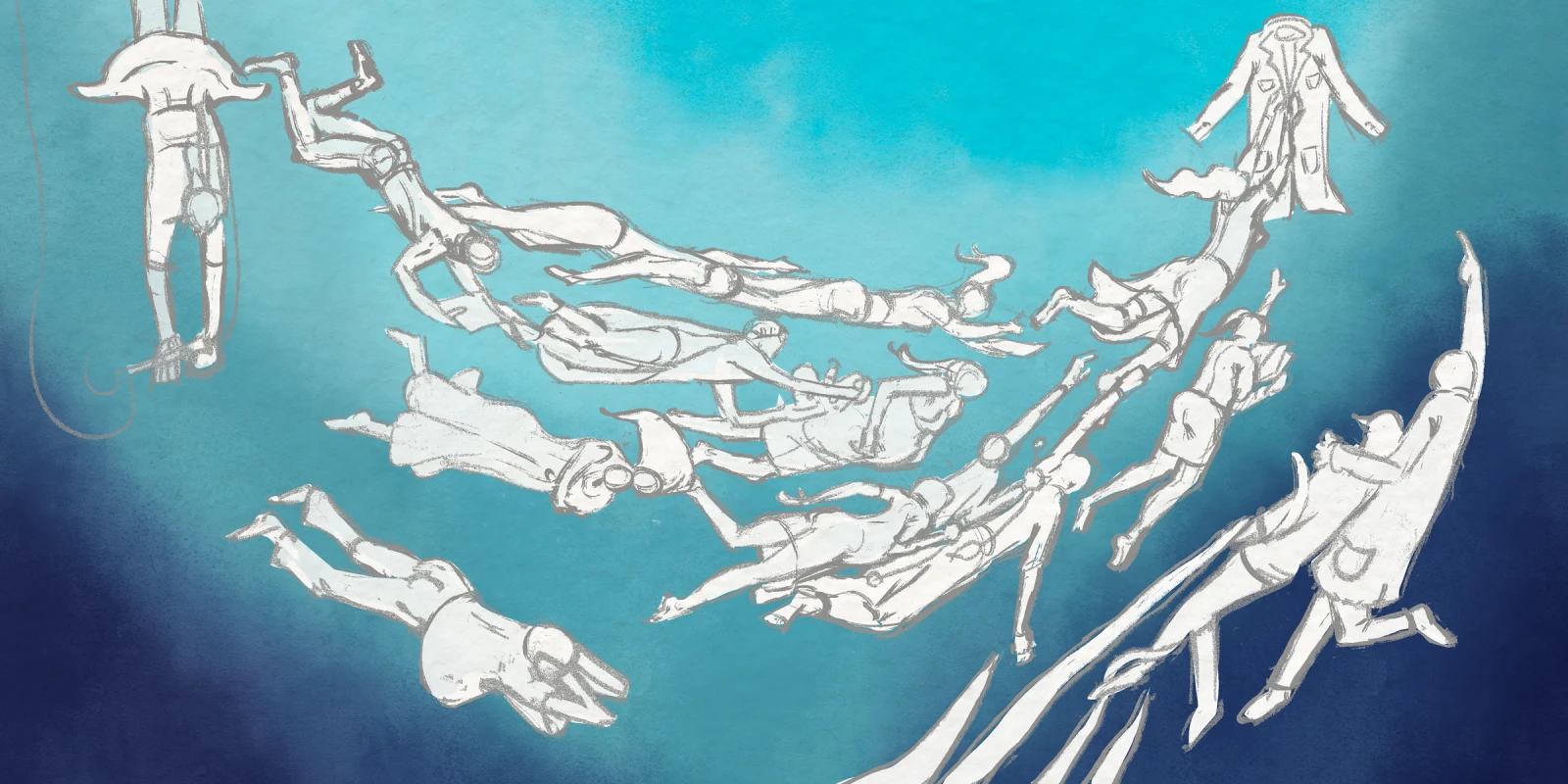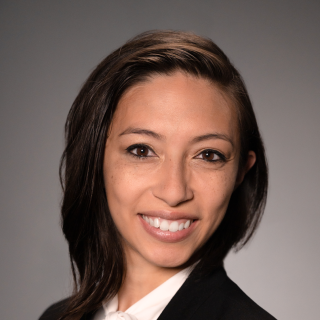“Don’t be afraid to try. Experience is the sum of a lifetime of mistakes,” the white-haired general surgeon told me. It was difficult to imagine this venerable, composed attending making mistakes but I felt his words to be intuitively true. His calm demeanor at the operating table, his efficiency, and his near-mystical ability to anticipate and respond to complications could only have been acquired at the cost of years of lessons learned the hard way. And despite having been on my surgery clerkship for five weeks by that point, this was the first time I had been entrusted with a scalpel. By this point, I was conditioned to defer to the harried surgeons or to the fellows who were likewise jockeying for practice opportunities.
Medical education, knowingly or otherwise, tends to downplay the role of mistakes in the physician’s learning process, rewarding flawless execution with minimal repetition and increasingly deferring responsibilities to more advanced trainees. Perhaps as a result of these high standards, studies have shown that students and residents report profound emotional responses to committing (or even imagining committing) errors. While it would certainly be detrimental to have physicians with a cavalier attitude towards mistake-making, medical training often lacks the forums for students to practice (and make mistakes) productively.
How can we structure medical education in such a way that encourages productive practice while minimizing errors? Perhaps the fine arts have lessons for us. A 2009 study by Texas researchers found that musicians who were most successful in mastering a difficult passage of music in a short period of time shared a few characteristics: that “the precise location of each error was identified accurately, rehearsed, and corrected.” How often are medical trainees given immediate, precise feedback about their performances? In many settings, feedback is nebulous, delayed, or withheld altogether. I am thinking of over-generalized comments after objective structured clinical examinations (OSCEs), the nonspecific and untimely feedback that is too often the norm on clerkships, and policies that prevent students from seeing questions missed and correct answers on pre-clinical exams because of fears of cheating or the persistence of forced-curve grading. But Duke’s results suggest that a shift to real-time identification of errors would allow a more efficient route to mastery.
The other essential component of this practice habit is correction, the immediate re-attempt of the skill in the correct manner. This allows for the correct practice to become ingrained and reinforced, rather than the incorrect practice. Imagine if all MS1 OSCEs were conducted in this way: segmental rehearsals, with the standardized patient providing immediate correction when an error occurred, and instructing the student to implement the correction immediately. Ideally, synthesis would occur at the end of the encounter, with the student performing the entire OSCE sequence without error. And the applications go far beyond OSCEs. Executing simulated surgical skills, performing start-to-finish admission of common presentations, running a simulated code blue or a stroke code – all of these would give trainees practice opportunities that would be far more high-yield than extended lectures about the subject and far safer than simply putting trainees into high-stakes, sink-or-swim clinical situations. This is particularly true in the information age, where access to knowledge is not lacking but educators consistently bemoan the deterioration of students’ manual, practical, and interpersonal skills.
Another finding from these “proficient practicers” was that tricky sections were repeated until errors were corrected – the error was not present in subsequent repetitions. Again, this deliberate extinction of errors means that more attempts were performed correctly, reinforcing good technique rather than the faulty behavior.
It should be noted that there were no time constraints or outside feedback in the experiment during the initial rehearsal period. Contrast this with the pre-clinical and clinical learning environment, where every moment is typically highly scrutinized and charged with evaluation. Allowing students a relaxed, low-stakes practice environment with instructors perceived as coaches or allies rather than evaluators would take away the stigma of initial mistake-making and correction, and unify learner and instructor toward the shared goal of proficiency.
I am sure that there are readers who will argue that medical students ought to be obtaining such practice independently and with peers. However, while a good peer might immediately draw attention to a missed OSCE step, they are hardly in a place to provide the experience to model mastery of the physical exam, let alone run a stroke code. Perhaps pairing a first-year with a fourth-year medical student would be effective in imparting certain interview, exam, and presentation skills, but not for more advanced situations. And while I have been fortunate enough to work with many residents who took the time to coach me on presentations and differentials, I rarely got the crucial opportunity to repeat and reinforce the correct scenario.
Of course, shifting to a more practice-based learning environment would not be facile by any means. Cultivating skilled instructor-mentors, setting up a good simulation environment, or perhaps eventually even designing a virtual reality case set for students to complete would require significant effort. However, the widespread adoption of pass-fail grading in the pre-clinical years and the advent of pass/fail Step 1 scoring is the perfect opportunity to move away from testing minutiae and instead evaluating what skills and habits future physicians should master. With a shift to a proficiency-based rather than a grades-based model of learning, and keeping in mind the identification-correction-extinction progression of learning, we can de-stigmatize mistake-making in the learning process, while also training more excellent doctors.
Share the mistakes that have taught you the most in the comments.
Illustration by Jennifer Bogartz







